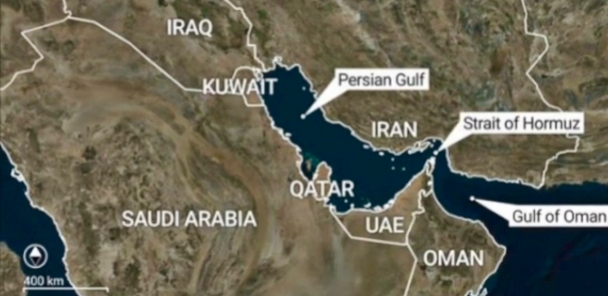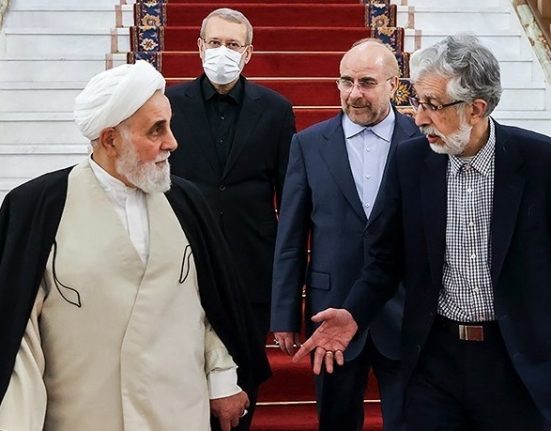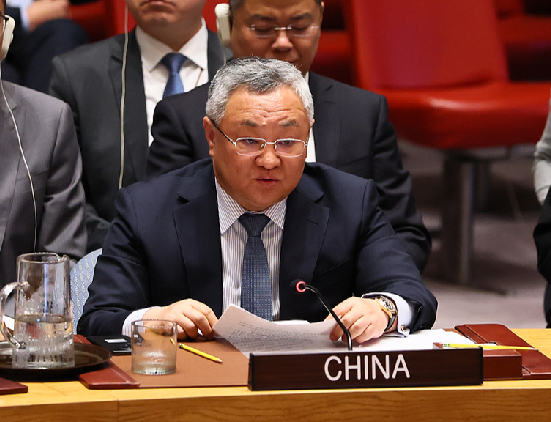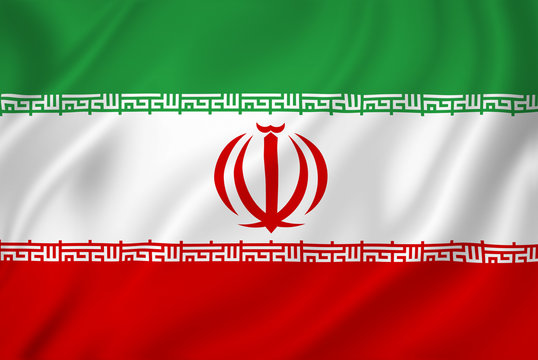WASHINGTON — The United States government has called on China to use its diplomatic influence to discourage Iran from taking steps toward closing the Strait of Hormuz, a key global oil transit route, warning that such an action could severely disrupt the international energy supply chain and escalate tensions in the Middle East.
The appeal was made in response to a recent vote by the Iranian parliament on Saturday, June 22, endorsing the potential closure of the strategic waterway. Though the decision is yet to be ratified by Iran’s Supreme National Security Council, the symbolic backing from lawmakers has heightened global anxieties about energy security.
U.S. Secretary of State Marco Rubio, speaking on Sunday during a briefing in Washington, described Iran’s move as “economically self-destructive” and “geopolitically reckless.” He urged China—one of Iran’s largest trade partners and a major importer of crude oil from the Gulf—to intervene diplomatically to prevent further escalation.
“The Strait of Hormuz is critical not just to the U.S., but to China and the entire global economy. If Iran shuts it down, they’re not just threatening the West—they’re threatening global commerce,” Rubio said.
Nearly 20 percent of the world’s oil passes through the narrow waterway that separates Iran from the Arabian Peninsula. Any disruption would send shockwaves through global energy markets. Already, insurance premiums for vessels transiting the strait have spiked, and oil prices climbed above $81 per barrel in early trading on Monday.
Iran’s threat to close the strait follows U.S. airstrikes on suspected nuclear facilities in Iran’s central region earlier in the week. Tehran accused Washington of aggression and vowed to respond, while also ramping up its rhetoric against U.S. allies in the region.
The Chinese government, in its initial response, called for restraint on all sides, but has so far refrained from publicly criticizing Tehran. Beijing emphasized its commitment to regional stability and maintaining open sea lanes for global trade.
Security analysts note that while Iran has previously threatened to shut down the Strait of Hormuz, such threats have rarely materialized into full-scale actions due to the potential blowback on its own economy and broader diplomatic isolation.
The U.S. has reiterated its readiness to defend international shipping routes and has reportedly increased surveillance and naval presence in the Gulf in coordination with allies.
As tensions simmer, diplomatic efforts are underway behind the scenes, with multiple Gulf states urging de-escalation and warning that the region cannot afford another major conflict.







